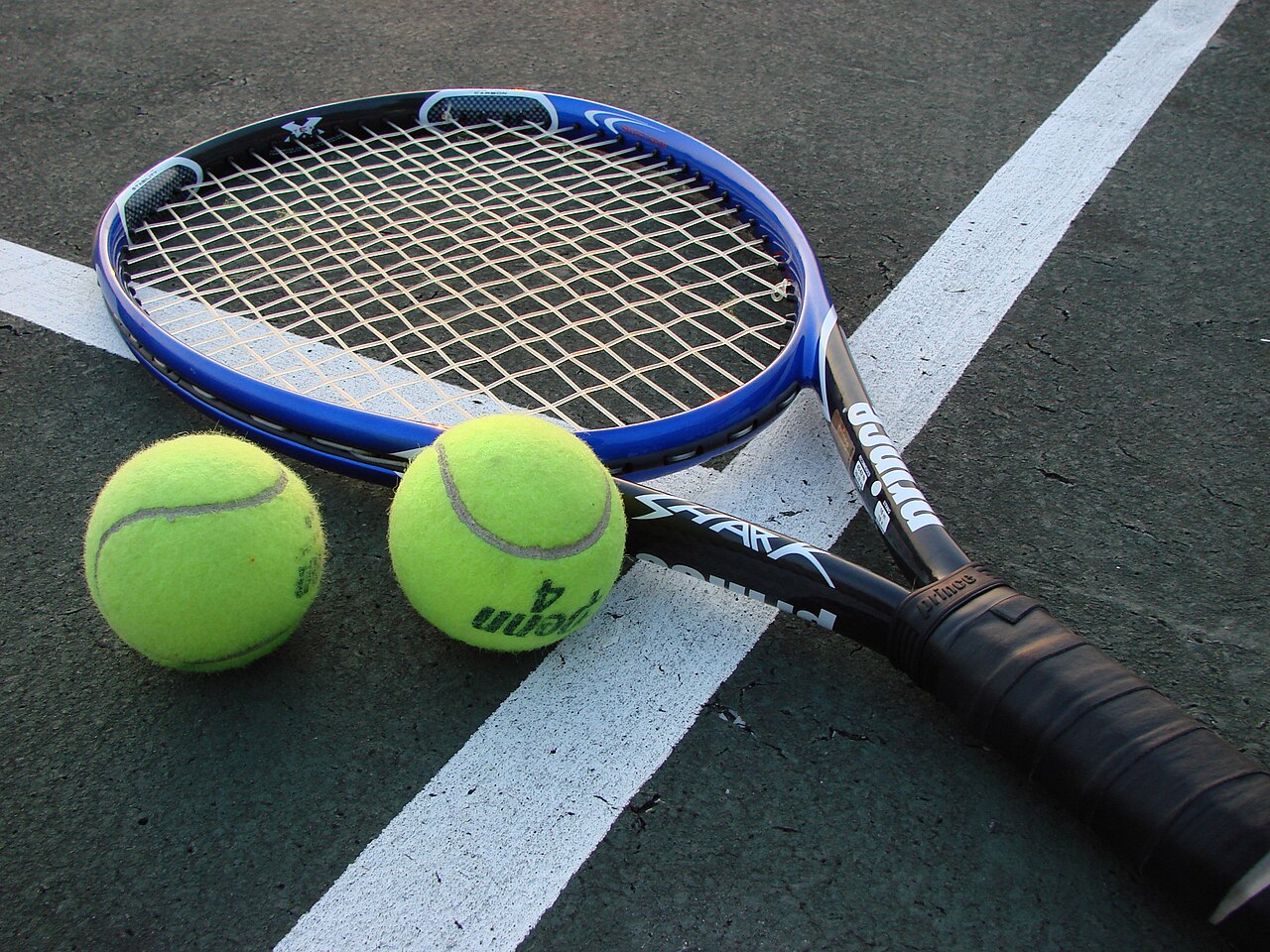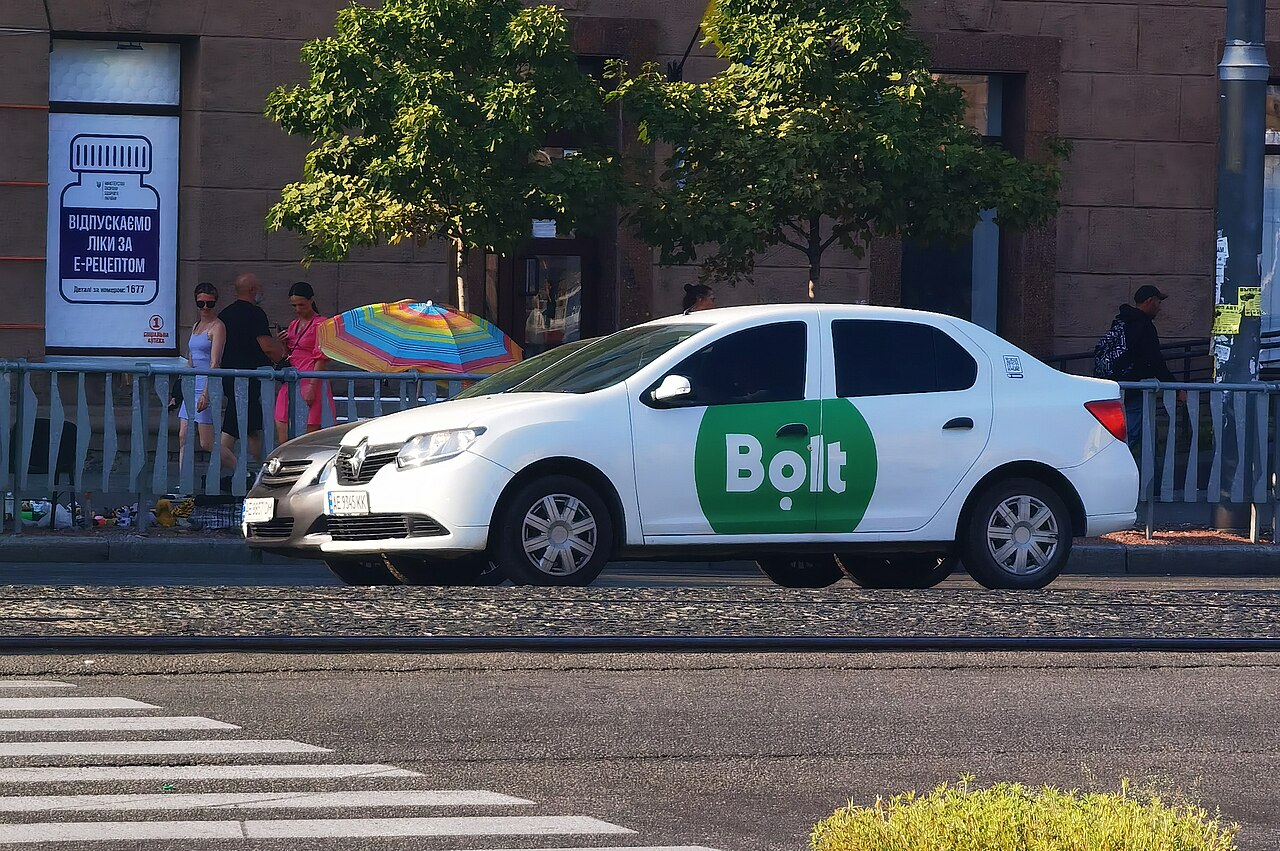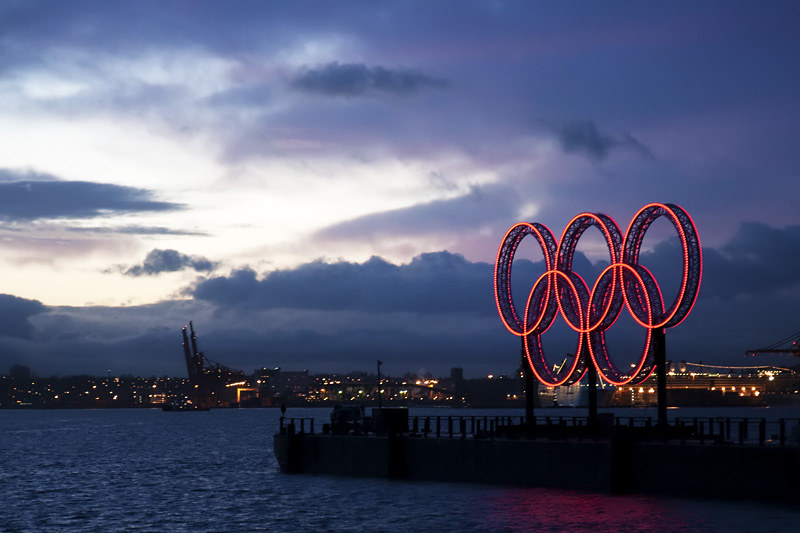Hi there 🙋🏾♀️
What a week it’s been. First up – America’s political drama turned deadly yesterday with conservative firebrand Charlie Kirk’s assassination mid-speech, a shocking reminder of just how divided (and dangerous) American politics has become. 😓Trump, of course, is already pointing fingers, facts be damned.
Closer to home, Walmart is officially bringing its brand to SA shelves. But can the world’s biggest retailer take on Shoprite on its home turf — or will Mzansi shoppers stick with the grocer they know? 🤔
Also in this week’s Wrap: Nepal’s Gen Z sparked a full-on revolution, Ramaphosa made investors squirm by praising Zimbabwe’s land reform, and South African sports teams had us bouncing between heartbreak and history.
So, let’s dive into these stories and more in this week’s wrap, brought to you by Verashni Pillay and the explain.co.za team. 😄
Format:
🇳🇪🇼🇸
▁ ▂ ▄ ▅ ▆ ▇ █ BRIEFS

NATIONAL
- The Madlanga Commission is (finally) a go. After missing its 1 September launch thanks to those pesky IT procurement delays, the Commission—probing corruption in SA’s police system—is now set to start on 17 September. First on the witness stand? KZN Police Commissioner Nhlanhla Mkhwanazi, whose spicy allegations kicked this all off. He’ll testify under protection. With a R147.9m budget, the commission has just three months to deliver an interim report—though some evidence will stay behind closed doors.
- Ten South Africans, including Mandla Mandela, are part of the Global Sumud Flotilla — more than 50 boats from 44 countries trying to crack Israel’s illegal sea blockade of Gaza. Activists say they’re carrying food and medicine, not weapons, yet Israeli drones have hit two vessels since Tuesday. Greta Thunberg joined June’s flotilla, only to be detained and deported by Israel, and is also part of this attempt. History suggests Tel Aviv won’t let them through, but persistence is the point.
- Walmart’s bringing its name to SA, with its first branded stores opening before year-end. 🛒 It’s owned Massmart (think Game, Makro, and Builders) since 2011, fully acquiring it in 2022. But it’s faced headwinds from entrenched competitors Shoprite and Pick n Pay, plus inflation, currency volatility, and cautious consumer spending. The world’s largest retailer hopes to strengthen its foothold and appeal to price-sensitive South African shoppers with this move. Local retailers know their game, so expect a fierce showdown.
- Apple unveiled the iPhone 17 and iPhone Air on Tuesday – and yes, the Air is now the “thinnest iPhone ever”. The 17 boasts a bigger screen, and fans are excited, but some say the magic of the Steve Jobs era is missing. The Washington Post agrees, writing in June that their events no longer feel “revolutionary”, blaming their constant hype over even minor updates, while rivals quietly roll out new features. Pre-orders in SA open on Friday, with the official launch and availability on the 19th. US price tag? Starts at a cool $799 (about R14,000). 💀
- Did you catch Sunday’s total lunar eclipse? South Africans were moonstruck as the much-hyped blood moon finally delivered — and boy, did it put on a show. 🌕✨ A lunar eclipse happens when Earth slides between the sun and moon, casting its shadow so the moon glows a spooky red — basically, nature’s filter game. This was the longest eclipse since 2022, and nearly six billion people tuned in across the world. The next blood moon hits SA skies in 2026.
INTERNATIONAL
- Conservative firebrand Charlie Kirk, Trump’s go-to guy for rallying young MAGA fans, was fatally shot in the neck yesterday while speaking at a Utah University. Trump’s blamed “radical left” rhetoric with no evidence – the shooter hasn’t been caught, and not much is known about them, including motive. Kirk’s previous comments that gun deaths are an unavoidable cost of freedom have come under the spotlight as the US battles a fresh wave of political violence. As the BBC puts it, violence begets violence.
- France is in political freefall again. 🫢 Just a day after his government collapsed in a no-confidence vote, President Emmanuel Macron tapped Sébastien Lecornu — his loyal defense minister and political survivor — as the new prime minister. At 39, Lecornu is Macron’s fifth PM in two years, chosen to steady the ship and push through an unpopular austerity budget. But with protesters already blocking highways and tram lines across France, the question is: can another Macron insider really calm the storm?
- Ethiopia has launched its mega dam, but Egypt’s not chuffed. Ethiopian PM Abiy Ahmed launched Africa’s largest hydroelectric dam, the long-awaited Grand Ethiopian Renaissance Dam, on Tuesday, a $5bn triumph on the Blue Nile. Egypt’s fuming, fearing water shortages and citing colonial-era treaties, vowing to protect its Nile-dependent supply. The dam, set to generate 5,100MW, will electrify millions and boost regional exports. But Cairo’s stance deepens a diplomatic rift.
- US President Donald Trump has rebranded the Department of Defense as the Department of War—because “defense” sounds too cuddly. It’s awaiting Congress approval. The irony? He once promised to end America’s endless wars. Now his Secretary of War, Pete Hegseth, is dropping slam-poetry lines like: “We’re going to go on offence, not just on defence. Violent effect, not politically correct.” Critics call it an ego-fuelled PR stunt that could cost a billion dollars in rebranding.😳 Pentagon staff? Not amused.
- The countdown is on: the 77th Primetime Emmy Awards land next Monday, live from LA’s Peacock Theater. 🎭 Comedian Nate Bargatze will host, while Severance (27 noms), The Penguin (24), The White Lotus (23) and The Studio (23) battle for glory. This follows Saturday’s Creative Arts Emmys, where The Studio, The Penguin and Severance dominated with nine, eight and six wins, respectively. With momentum building, who’ll sweep the big night?
▁ ▂ ▄ ▅ ▆ ▇ █ BIG STORIES
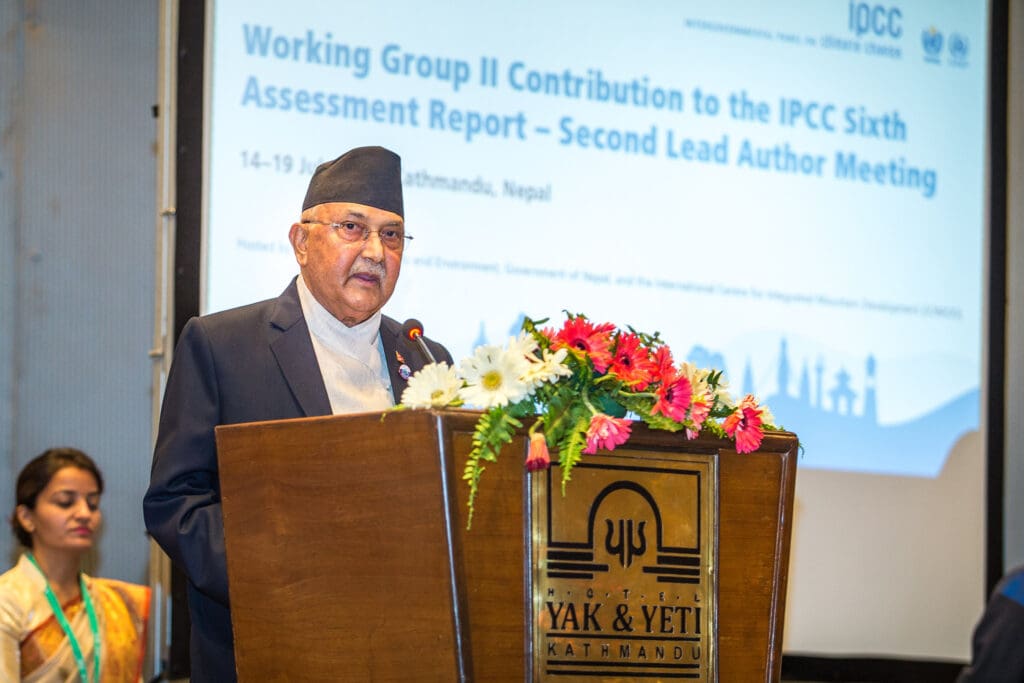
1️⃣Nepal’s Gen Z are rising up — and it’s not about missing Instagram
Kathmandu is burning — literally and politically. This week, Nepal’s youth-led “Gen Z revolution” exploded into the streets after the government banned 26 social media platforms, including WhatsApp, YouTube and WeChat. Many news outlets would like you to think it’s because younger people simply cannot imagine a world without digital stimuli. But it’s actually because their government is trying to censor them.
Weeks of online outrage over corruption and political “nepo kids” flaunting luxury lifestyles had simmered, and for a generation fed up by leaders rotating power like musical chairs, this was the breaking point.
When tens of thousands marched in Kathmandu on Monday, security forces responded with live ammunition, rubber bullets and tear gas. At least 19 people — mostly students and young workers — were killed that day, with the death toll now at 22 and hundreds more injured. Survivors told reporters they were unarmed and simply demanding an end to corruption. “The politicians are just selling our country for their own greed. That’s not supposed to happen,” said an 18-year-old from his hospital bed.
By Tuesday, the fury had boiled over: protesters breached parliament, set government offices ablaze, and even torched the homes of politicians. One former minister’s wife was badly burned, and airports and hotels were attacked. Government finally acted. Prime Minister KP Sharma Oli — on his fifth stint in power — and several cabinet ministers promptly resigned, and the administration lifted the ban on social media.
But for many, it felt like too little, too late, plus the anger wasn’t just about the recent censorship. It was about years of corruption, inequality and a political elite seen as enriching their own while one in four Nepalis live in poverty. Soldiers now patrol Kathmandu, forcing protesters to their knees in midnight raids. With the army effectively in charge and no clear successor, Nepal’s future looks uncertain.
For now, Gen Z activists are debating their next move online, from fresh elections to term limits, and watching for new leaders. The name on everyone’s lips? Balendra “Balen” Shah, Kathmandu’s rapper-turned-mayor, who voiced support for the movement while sensibly urging restraint. Protestor violence weakens their cause.
Nepal has seen revolutions before, from abolishing the monarchy to ending civil war. But this moment feels different: young, digital, and determined. As one protester put it: “This is our revolution. It’s our turn now.” ✊
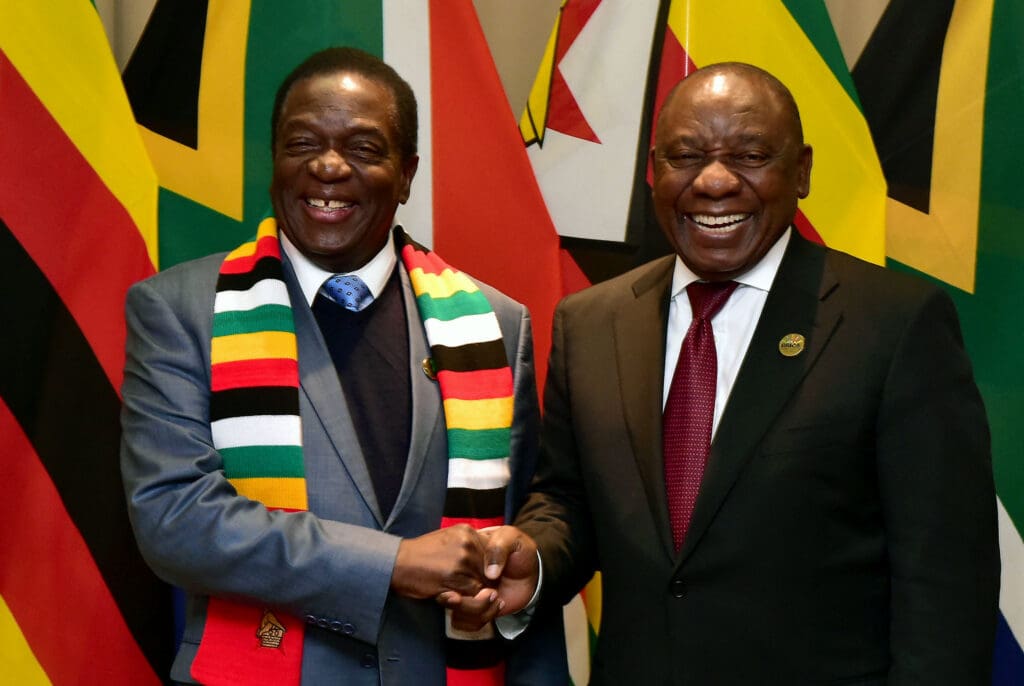
2️⃣Ramaphosa praises Zim’s land reform. Everyone else? Not so much.
President Cyril Ramaphosa made headlines for all the wrong reasons after praising Zimbabwe’s controversial land reforms during a recent visit to Harare. He described them as “essential” and even congratulated Zimbabwe on reviving its agricultural sector.
But back home, critics were left gobsmacked. The Democratic Alliance called it an attempt to “whitewash the disaster,” warning that it could stoke fears of similar land seizures in South Africa. Right-wing parties like the Freedom Front Plus went further, saying Ramaphosa had signalled that “famine and mass emigration are acceptable” if they serve racial justice. Eish.
Quick history lesson: Zimbabwe’s “Fast Track Land Reform Programme” under Robert Mugabe in the early 2000s aimed to redistribute white-owned farms to black Zimbabweans. But it quickly spiralled into violent chaos. Farms were invaded, often violently, without compensation or proper planning. Agricultural output collapsed. The economy tanked. By 2008, inflation hit a jaw-dropping 89.7 sextillion percent. A quarter of the population fled. It was a mess.
And that’s the model Ramaphosa praised. Yikes.
Meanwhile, South Africa’s own land reform has taken a far more measured approach. It’s grounded in the Constitution, guided by rule of law, and emphasises restitution through willing-buyer-willing-seller deals. The newly passed Expropriation Act of 2025 allows for land to be taken without compensation in limited cases—like abandoned land—but not as a free-for-all.
So why did he say it? Experts say it’s typical ANC diplomacy—awkward, overly nostalgic, and more about regional solidarity than smart economics. Independent analyst Piers Pigou told explain this fits into a long pattern of clumsy ANC messaging on Zimbabwe, dating back to Mbeki’s infamous “quiet diplomacy.”
Ramaphosa’s clumsy comments came just as investor nerves were already frayed, with many worrying that land reform might tip into radical territory. The timing? Not ideal. South Africa’s land reform has been unfairly maligned by the American right, with South African-turned-billionaire-troll Elon Musk’s ‘white genocide’ claims and Trump offering white Afrikaners refugee status only amplifying misinformation. Praising Zimbabwe’s model now risks reigniting these attacks, scaring investors when stability is crucial. South Africa is in a fragile economic moment, and agriculture plays a key role. Land is used as collateral for loans that fund around half the sector’s GDP.
Bottom line: Ramaphosa likely meant to show solidarity, but what came out sounded like an endorsement of disaster. That’s the kind of slip-up that could hurt investor confidence, damage coalition trust, and muddy SA’s own land reform message.
As Pigou put it: “clumsy and largely irresponsible.”
Read the full explainer here.
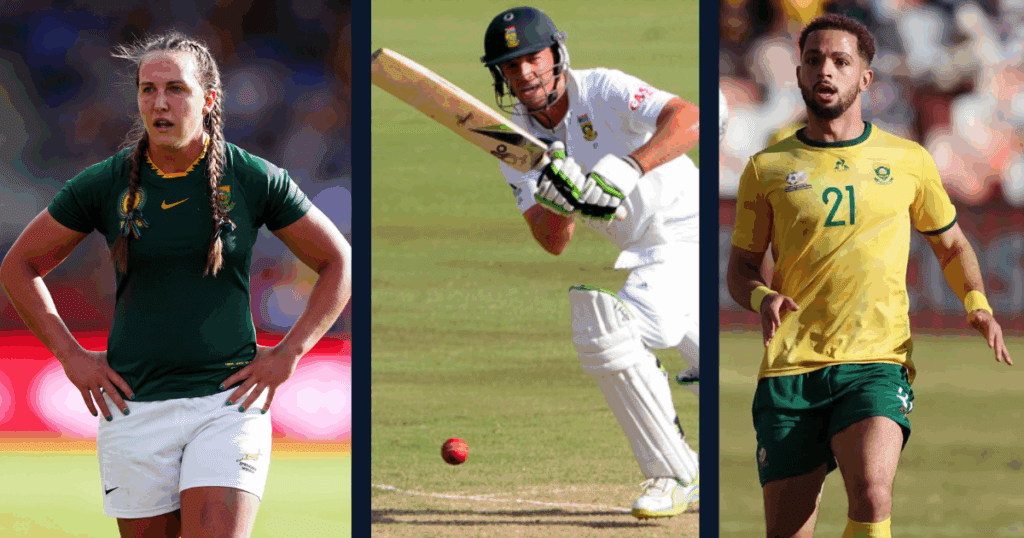
3️⃣ SA sports round-up: bruises and bright spots
Alright, guys, it’s been a week in SA sports that looked like a bit of a bloodbath at first glance—losses, draws, and some proper thumpings. But hold up, let’s unpack the chaos from the sporting week, figure out what’s just business as usual, where we should actually sweat, and what’s got us excited for what’s next.
🔹Springboks vs All Blacks:
The Boks copped a 24-17 hiding from the All Blacks in Auckland on Saturday. Eden Park’s been a Kiwi stronghold for 31 years, so no one’s clutching pearls over this one. Early mistakes (two tries conceded in the first quarter) did us in, but Rassie Erasmus rolling out a younger squad screams long-term planning for 2027. No need to hit the panic button; it’s a learning curve. Next up, the lads head to Wellington this weekend for a crack at the Freedom Cup. Expect a fired-up Bok side ready to ruffle some feathers. 🏉
🔹Springbok Women:
The Bok Women pulled off a stunner, beating Italy 29-24 on 31 August to bag their first-ever Women’s Rugby World Cup quarter-final spot. Massive! Then France dished out a 57-10 thrashing on Sunday. Oof, that scoreline stings, but struggling against a top-tier side like France is par for the course for our 10th-ranked team. No major worries—this squad’s building for the future. They’re up against New Zealand’s 3rd-ranked Black Ferns in the quarters on Saturday. It’s a tall order, but their grit’s worth watching. 💪
🔹Proteas Cricket:
The Proteas’ ODI series against England was rough. We posted 330/8 in the second ODI at Lord’s last Thursday, but still lost, and England’s 414/5 in Southampton on Sunday was a proper pasting. The bowling’s a concern—too many runs leaking, a repeat of old headaches. But England’s seaming pitches are a nightmare, so let’s not write them off. With AB de Villiers joining for the World Cricket League 2025, there’s a chance to fix the cracks. Warm-up games will be key. 🏏
🔹Bafana Bafana: Road to World Cup qualifiers:
Bafana’s 1-1 draw against Nigeria on Tuesday in Bloemfontein wasn’t fireworks, but it’s a solid point. Hugo Broos’ lads are sitting pretty atop Group C in the 2026 FIFA World Cup qualifiers with 17 points from eight matches, six ahead of Nigeria with 11 and three clear of Benin with 14. Next up, matches against Zimbabwe and Rwanda in October could seal a World Cup spot for the first time since 2002. (We got in automatically as hosts back in 2010). Keep those fingers crossed! ⚽
The upshot? SA sport’s taken some knocks, but the vibe’s still electric. Let’s go! 😄
That’s it from us at The Wrap, an award-winning product of explain.co.za – simple news summaries for busy people. 💁🏾♀
The Wrap is sponsored by explain’s agency division. We specialise in content marketing for purpose-driven organisations, often with a pan-African reach. Mail info@explain.co.za for a quote.
🇸🇺🇧🇸🇨🇷🇮🇧🇪
Remember to share the love. 💫
Tell your friends to sign up:
📩 Email: http://explain.co.za/subscribe
📲 Our new WhatsApp channel: https://whatsapp.com/channel/0029Vac06yM8kyyLmOulb80J
_Till next time, goodbye from the team_ ✌🏽


